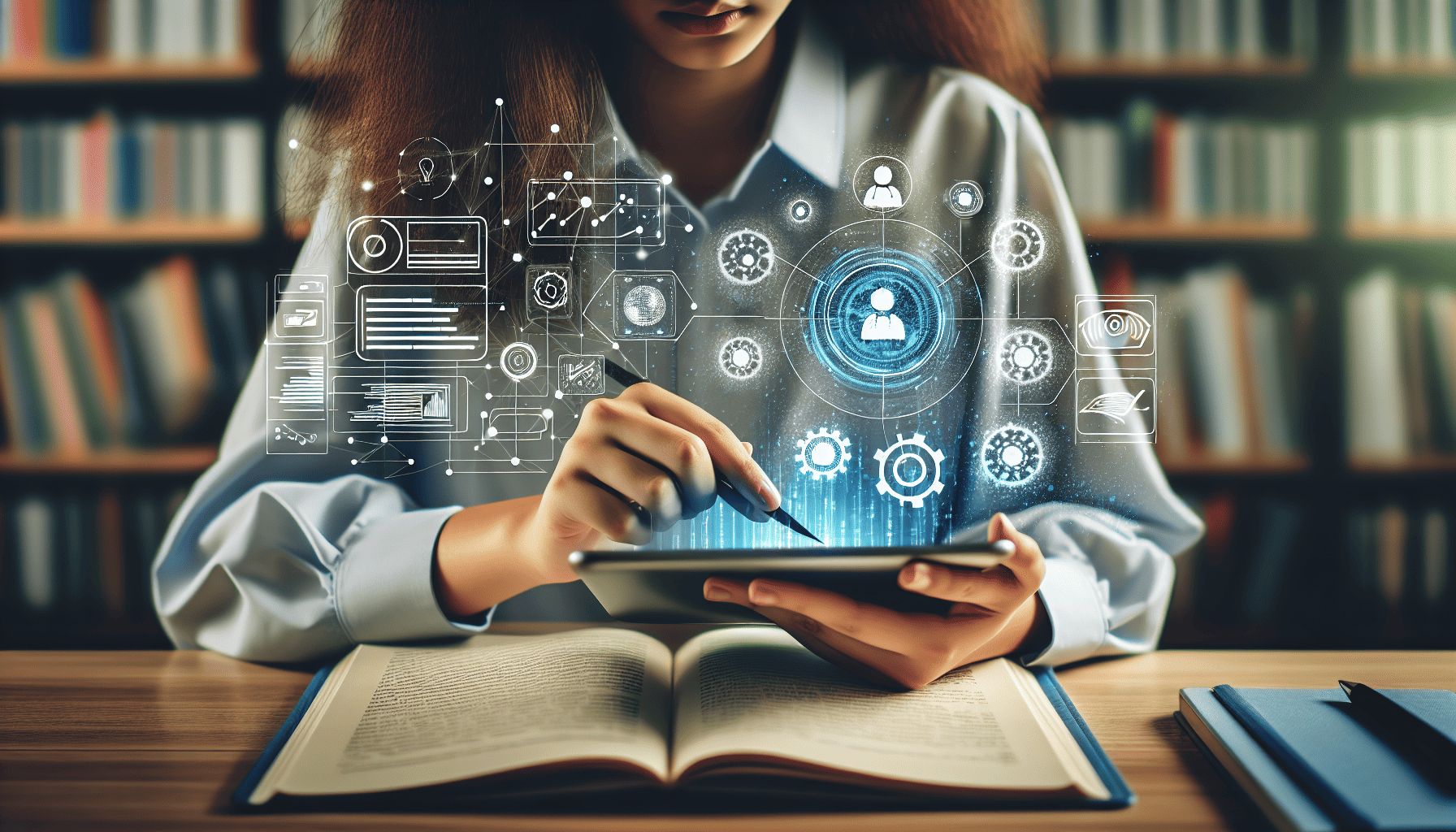Adaptive learning is revolutionizing the educational landscape by utilizing technology to tailor learning experiences to the unique needs of each student. This innovative approach customizes lessons to accommodate individual learning paces and styles, thereby enhancing the educational journey for students from diverse backgrounds and skill levels.
At its core, adaptive learning leverages data-driven insights to inform instructional strategies. It employs sophisticated algorithms and machine learning to assess a student's understanding and progress in real-time. This dynamic feedback loop allows educators to pinpoint areas where a student might be struggling and adjust the content or pace accordingly, ensuring that no learner is left behind.
One of the primary advantages of adaptive learning is its ability to provide a personalized experience that traditional one-size-fits-all educational models often fail to deliver. By focusing on each student's strengths and weaknesses, adaptive learning platforms can offer targeted interventions, such as additional exercises or alternate explanations, enabling students to master concepts before advancing.
Technology plays a pivotal role in facilitating adaptive learning. Digital platforms and tools are integral in delivering customized content, offering interactive and engaging learning materials that resonate with individual learning styles, whether visual, auditory, or kinesthetic. These tools not only make learning more engaging but also empower students to take charge of their education, fostering a sense of autonomy and motivation.
Furthermore, adaptive learning is particularly beneficial in addressing diverse learning needs in classrooms. In settings with students of varied abilities and backgrounds, adaptive technology can level the playing field, providing equitable access to quality education and opportunities for all students to succeed.
The impact of adaptive learning extends beyond just academic achievement. By creating a supportive learning environment tailored to individual needs, students can develop confidence and a lifelong love for learning. They learn to embrace challenges as opportunities for growth, which can lead to improved problem-solving skills and a more profound understanding of the subject matter.
In conclusion, adaptive learning is transforming education by harnessing the power of technology to create personalized, efficient, and effective learning pathways. By catering to each student's pace and style, it promises a more inclusive and engaging educational experience, preparing learners for the complexities of the modern world. As this technology continues to evolve, its potential to shape the future of education and empower students is boundless.
